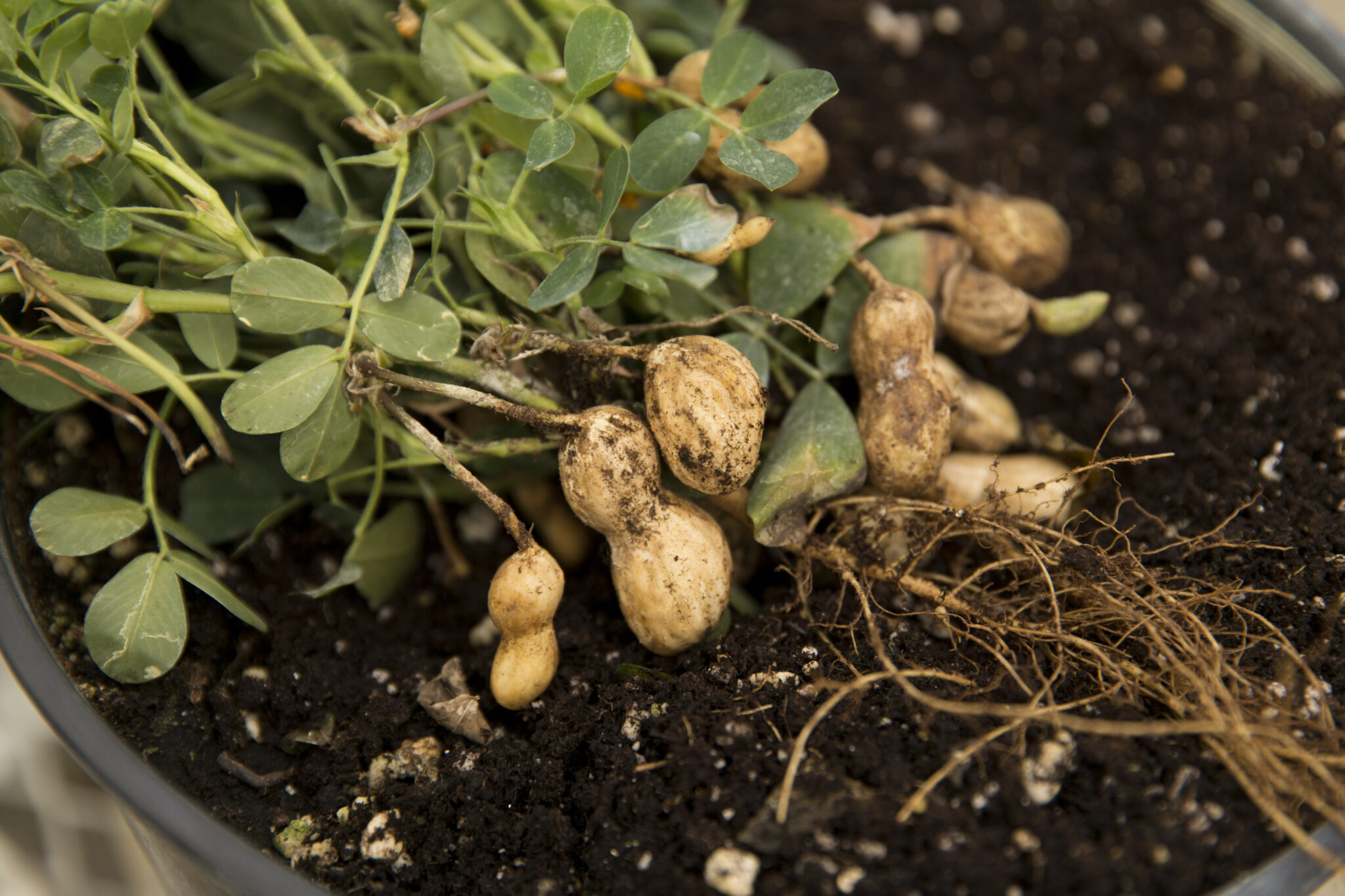By Brad Haire
University of Georgia
The National FFA Organization recognized Ruddle, 17, as the top agricultural science student in the country at the organization's national convention in Louisville, Ky., Oct. 29. He also received the FFA National Emerging Agriculture Technologies Proficiency Award.
Ruddle is a senior at Lowndes County High School in Valdosta, Ga., about 150 miles south of Macon, Ga.
Ruddle won the award based on his research on transgenic plant crops. A transgenic plant has had the gene, or genes, of another animal or plant artificially inserted into it. It is also known as a genetically modified plant.
His interest in the field started in the seventh grade when he gave a speech on GM plants.
But he wanted to know more on the actual advantages and disadvantages of GM crops. Specifically, he wanted to know if the rates of photosynthesis differed between GM plants and non- GM plants. Photosynthesis is the process in which plants convert sunlight energy into fuel for them.
He figured the photosynthetic rates of GM crops didn't differ from those of non-GM crops. But he couldn't find any studies to help prove his theory.
"I tried to find and read literature on this," he said. "But I couldn't find much research."
Over the next five years he conducted experiments on genetically modified and nongenetically modified soybeans, corn and cotton. He conducted the research and used analysis equipment at the Lowndes High School greenhouses and at the horticulture lab of John Ruter on the Tifton, Ga., campus of the University of Georgia.
From his own research, he concludes that the photosynthetic rates of the two types of soybeans and cotton don't differ that much. But the GM corn, after 21 days of growth, did have a higher rate than the non-GM corn.
Ruddle plans to build a career in biological research. He first plans to attend a research university. He hasn't decided where.
Ruddle is the son of Paul and Carmen Ruddle of Valdosta. His FFA advisors are James Corbett, Andy Harrison, Ulysses Marable and Claudea Paul.
The National FFA Organization was founded as the Future Farmers of America in 1928. It has 476,732 student members with 7,223 local chapters in all 50 states, Puerto Rico and the Virgin Islands.






